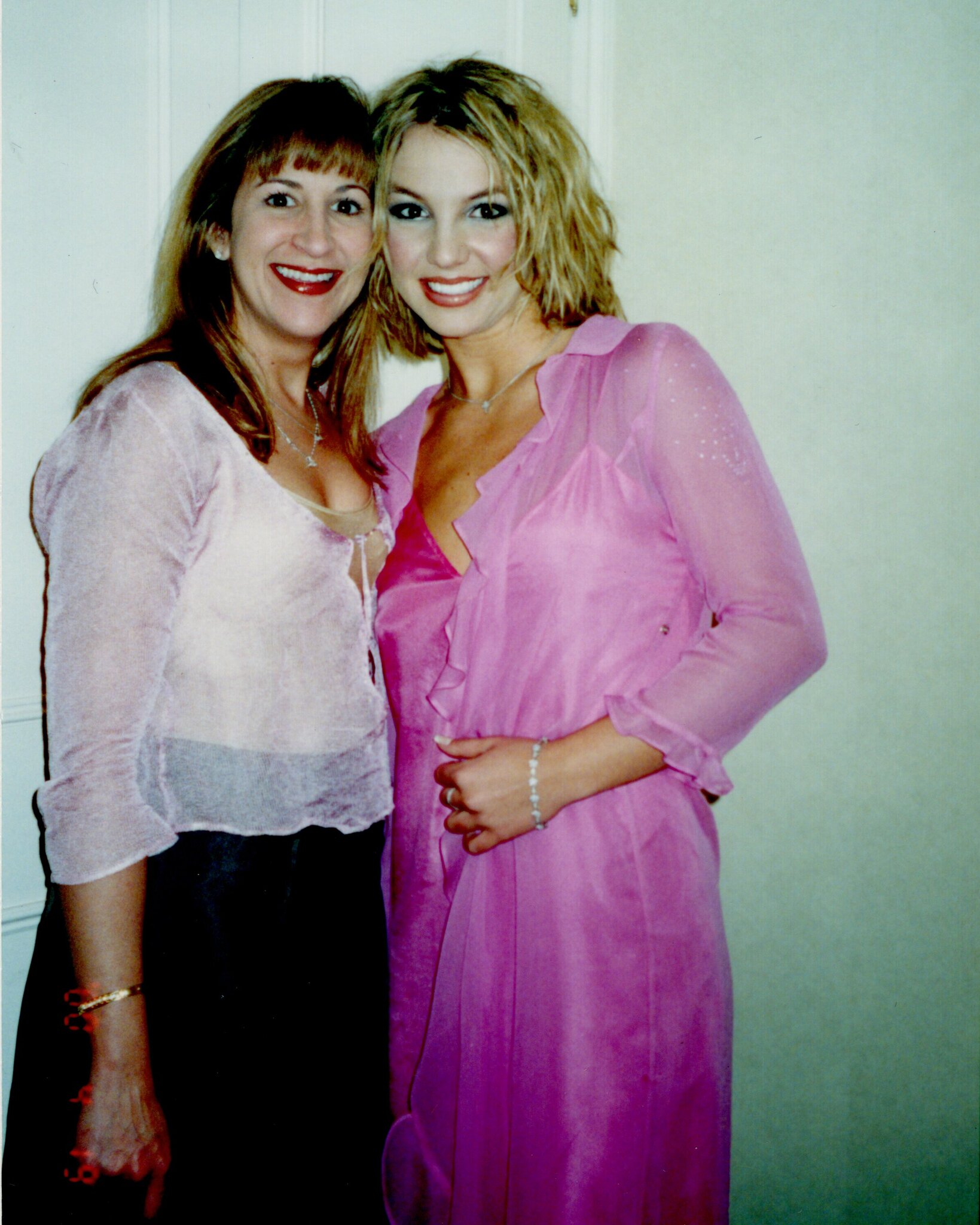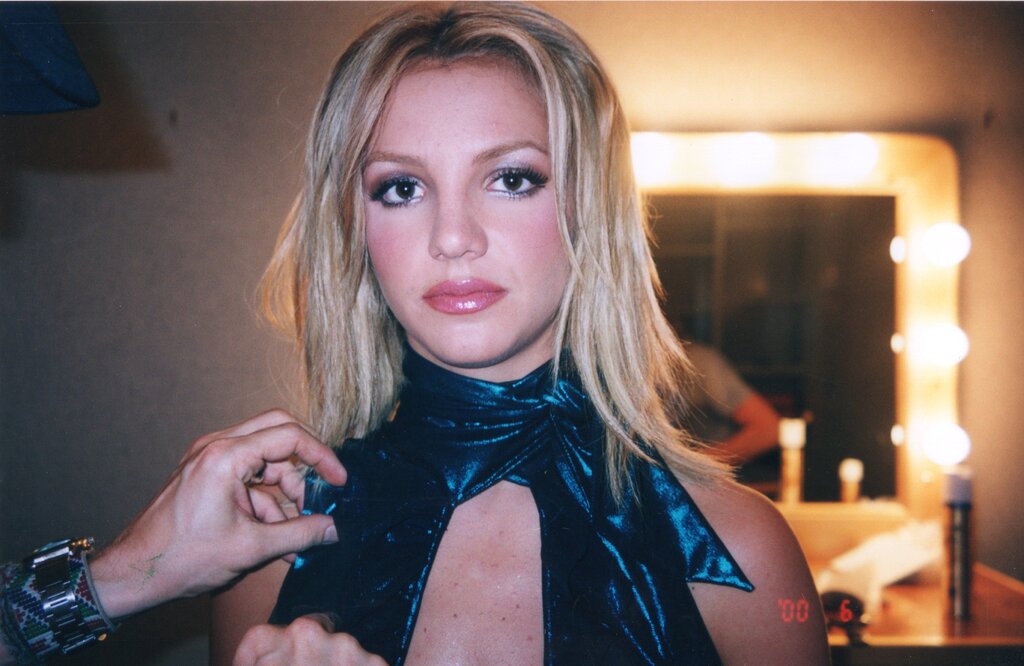When Britney’s sophomore album Oops!…I Did It Again came out in 2000, a year before P!NK’s Missundaztood sophomore album, I had barely just begun “big school” at seven years of age. Moving was an annual to every-two-years ritual for my family while I was growing up—so although I don’t quite remember the exact house we lived in when Britney’s album came out, I do remember the tone of the wood on one of the walls in the lounge where I would play the CD over and over again. Singing along in my imagined concert performances to songs about not wanting to be the last to know that you’re the object of someone’s affection, having enough of being treated like a piece of property and intimate confessions about an anxiousness that is part and parcel of young love’s flutters. To seven year old Lindi, crystallised in the human, creative and symbol figure of Britney Spears was a dizzying spell of contradictory and overwhelming feeling which texture the space of our growing-up-femme-experiences. Of sleepover dance parties, frantic giggles, kissing catches, scraped knees, learning your sexual consciousness in a world that thinks it owns your body, hand-written letters, friendship bracelets andandand:
If you’re 12 or 13 years old, you’re seeing a person who reminds you in some ways of you—and it isn’t the sex part that seems cool. It’s the control and command over herself and her space that seems cool. She just captured that dichotomy so well of what a teenage girl is.

One of my favourite song’s on Britney’s Oops!…I Did It Again was “Lucky”. I had always catalogued the song as inspired by her real life as a global pop icon, however, mixed in with spoonfuls of fiction because surely the lovely Hollywood girl crying lonely tears at night couldn’t actually be her?
Lost in an image, in a dream
But there’s no one there to wake her up
And the world is spinning, and she keeps on winning
But tell me, what happens when it stops?
They go, Isn’t she lovely, this Hollywood girl?
And they say
She’s so lucky, she’s a star
But she cry, cry, cries in her lonely heart, thinking
If there’s nothing missing in my life
Then why do these tears come at night?

Framing Britney Spears, a new feature-length documentary by The New York Times was released this past week and it’s impossible to watch it without feeling implicated in the violence inflicted onto the singer over the years, sustained by violent media cultures and misogyny. But also without being overcome by a weighted sadness in witnessing the ways in which she was stripped of her agency through the conservatorship she entered into—read coerced—in 2008 granting her father Jamie Spears full control over her personal and professional life and finances. One of the documentary’s many harrowing revelations, is finding out that just in recent years Jamie’s legal team had proposed the conservatorship framework as a possible new business model:
The Conservatee’s business activities have greatly accelerated due to her increased well being and her capacity to be more engaged in furthering her career activities. The next several years promise to be very lucrative for the conservatorship estate…This conservatorship should be viewed more as a hybrid business model
What’s encompassed in the conversation moving at the centre of Framing Britney Spears, reaches far beyond a greedy once-absent father. It’s a conversation that implicates institutions of patriarchy, systems that feed into capitalist accumulation, gendered violence, H/history, global media cultures—essentially most, if not every single one of us. “I’ve always viewed the situation as something that would never happen to a man”, says an interviewee in the documentary thus saying so many things just with that one utterance.
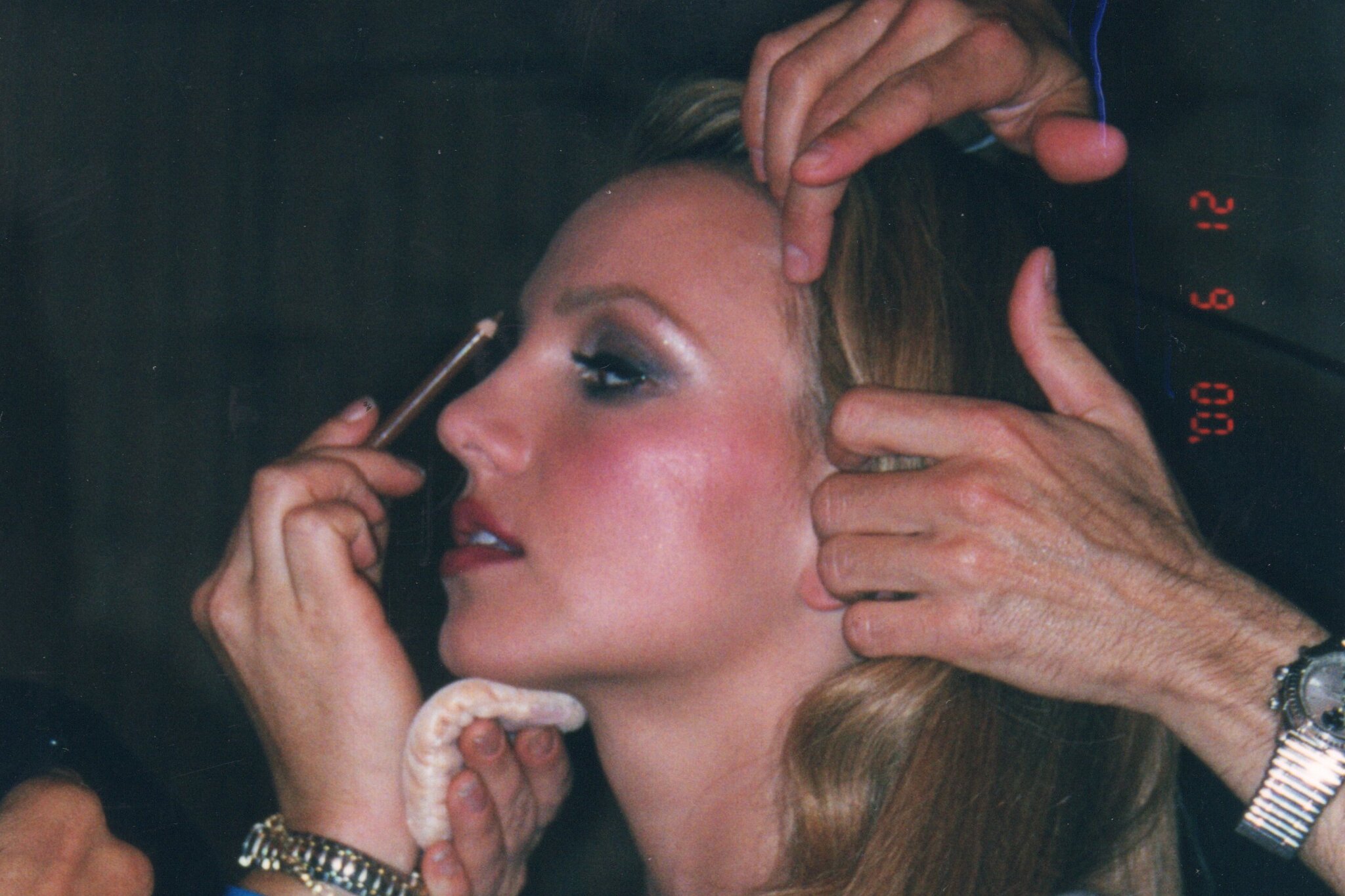
Patriarchy and capitalism are riddled with pathologies of colonisation, while also being pathologies of colonisation; destruction their first language with an inclination towards domination over—and because we are also stuck in the belly of the whale, we too internalise its conditions. Britney became an abstraction society and the media could throw their projections and ideals about femme-ness, femininity, respectability, sexuality and morality onto—enduring a type of gendered violence inflicted onto little Black girls tenfold. Some of the great betrayals and violences springing from misogyny Britney suffered were at the hands of inmate partners and the people she trusted most; cue her breakup with noodle cup-head Justine Timberlake:
They break up, Justin sort of made it seem—rightly or wrongly—that she had cheated on him. It really seemed like he took control of the narrative. The way that people treated her, to be very high school about it, was like she was the school slut and he was like the school quarterback or whatever. And he essentially weaponises the video for one of his singles to incriminate her in the demise of the relationship. It was revenge, [a] pure male revenge fantasy.
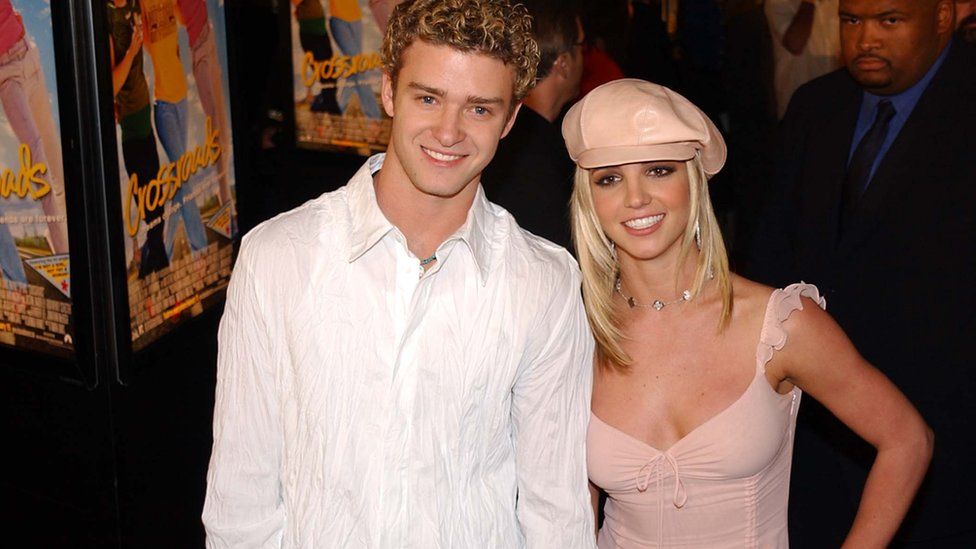
There is so much to untangle in the web presented by the documentary Framing Britney Spears, so many dark murky waters to trudge through—complicating even ideas of assumed innocence or neutrality where participating in media consumption is concerned. Since its release there has been an outpour of support and apologies from the global community, with an Instagram post by Glamour magazine reading:
We’re sorry, Britney. ❤️ We are all to blame for what happened to Britney Spears—we may have not have caused her downfall, but we funded it. And we can try to make up for that. Link in bio to read more about the new documentary on the #FreeBritney movement.
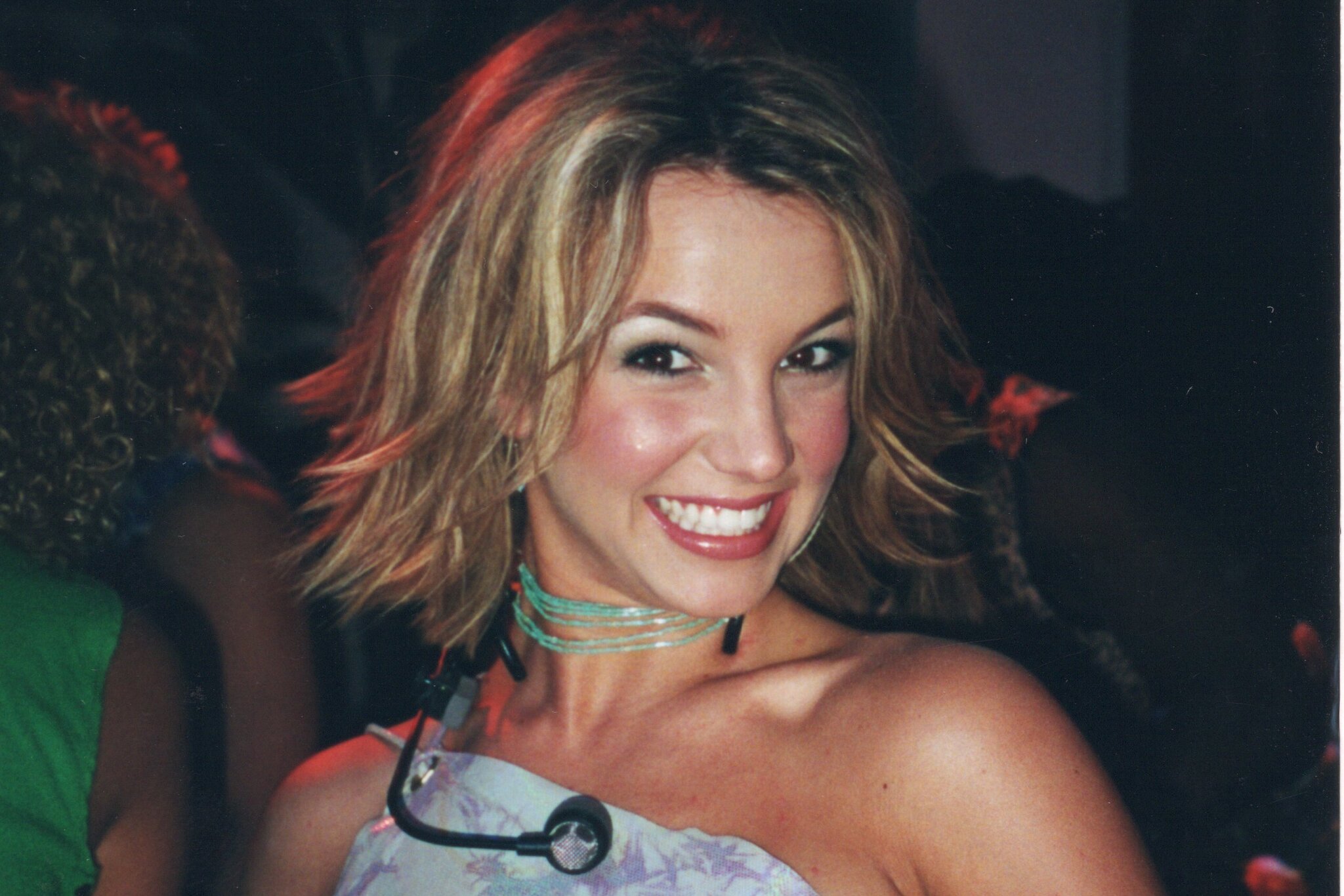
However, individual apologies are not enough what is required is a deep critical, honest and self reflective dive into our media cultures and institutions. Furthermore, an interrogation of how we ourselves continue to perpetuate and uphold violent historical structures and institutions:
Well, you know misogyny. What can you say about misogyny? There’s a whole infrastructure to support it and when it’s time for people to come for a woman in a misogynistic culture, there’s a whole apparatus ready to do it.
This past Thursday, the battle to #FreeBritney continued with the judge denying her father’s objections to how her conservatorship will be delegated. However, the pop icon’s battle to regain agency and autonomy over her persons and finances is far from over. Yet, fans and supporters of the campaign continue to call for the freedom of Britney—and to quote in closing InStyle magazine editor and writer Peyton Dix, “As I watched the #britneyspears documentary I kept thinking about how these revelations usually come about after someone dies and how lucky we are she’s still alive, how we can tell her how much she means to us, and how we want her to be free.”
